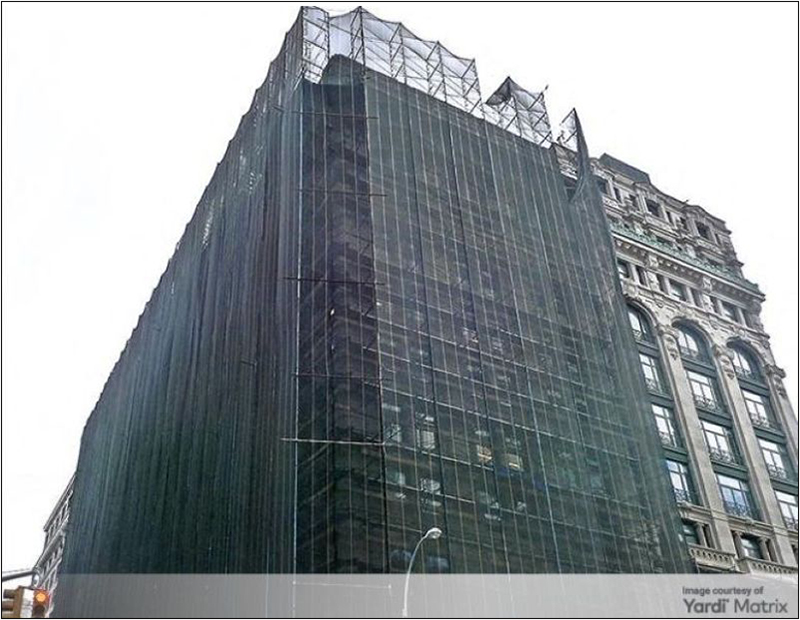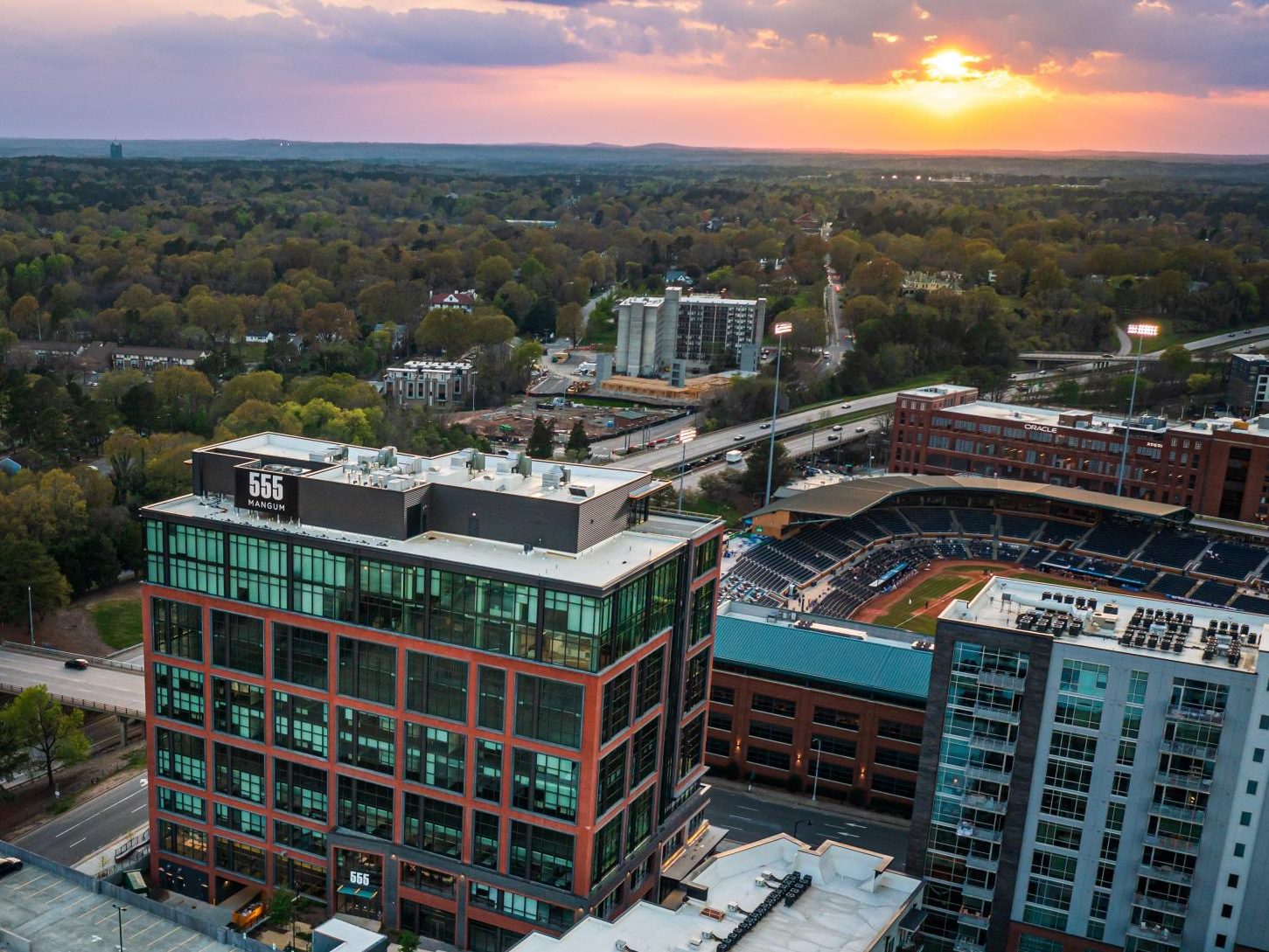Top CRE Tech Predictions for 2024
This year, we'll see an acceleration of several trends from 2023, according to Deloitte’s John D’Angelo.
My track record with respect to new-year tech predictions for commercial real estate, if I’m honest, isn’t particularly good. But hey, maybe this is the year that I nail it. There’s an often-cited quote from the founder of a famous tech company that goes something like, “people consistently overestimate the change that will occur in the next year and underestimate the change that will occur in the next decade.” And I think that speaks to why it’s good to keep thinking about what we either will or might see, because for every emerging technology prediction I’ve made heretofore, I strongly believe it’s a matter of when rather than if.
Looking back at my predictions from last year, I went long on two. The first was that we would see real traction for blockchain-based solutions in commercial real estate in ’23, and the second was that our buildings would become increasingly smart. If you’re keeping score at home, I’d say that I’m batting .500, with the former really not happening on any meaningful scale and the latter showing good traction and even stronger interest (at least from the conversations we’re having and projects Deloitte is delivering).
I think this year’s predictions are more of a sure thing, given that we’re already seeing them play out. In other words, what we’re going to see in the industry next year is really an extension, and hopefully acceleration, of what’s been happening this year. In addition to investment in emerging smart(er) building technologies, I’m seeing a rise of data, analytics and AI initiatives and core solution investments required to replace antiquated systems that have become functionally obsolete. The last is an unfortunate trend and an investment that can no longer be deferred. Let’s briefly look at each of these.
Generative AI, the latest addition across data, AI and advanced analytics solutions, became an ever-present topic and captured the attention of CRE leaders who began exploring how GenAI might benefit, change or threaten their companies. The ensuing conversations have made companies deliberately examine potential solutions, and inevitably, consider not only GenAI solutions but also traditional AI and advanced and predictive analytics. This is good because it’s leading companies to hire more data scientists, clean-up their data at an increasing rate, and experiment. I expect to see more investment in the year(s) ahead.
For buildings getting smarter, as clients across industries seek to set and meet carbon reduction and neutrality goals, they quickly understand the largest contributors to their carbon footprint are the buildings they use or occupy in connection with their business and how materials and/or people get to and from those buildings. How the built environment is constructed—out of what and where—are certainly areas of focus. Likewise, how those buildings use energy and natural resources is another. And smart building technologies that more tightly control lights and major building systems directly lead to using less resources and often make inhabitants (tenants, shoppers, residents, patients, students, etc.) more comfortable. Smart building investments combined with modernization typically lowers maintenance costs and utility bills; enables access to tax credits and incentives; and provides a clearer window into what’s happening in a building in real time. Given increased reporting and regulatory pressure, plus a compelling business case, I expect this momentum to continue.
The last prediction isn’t much of a prediction. Given conservative spending trends, I don’t see companies spending big sums on truly transformational initiatives in any widespread way. But we do see transformation happening to core systems where investment has been deferred to the point that it can no longer be ignored. And we’re certainly seeing companies spend on technology initiatives that really aren’t elective. Not particularly exciting, but anything that modernizes the industries’ antiquated systems and processes is a good thing.
As always, look to this column in a year to see how I did.
John D’Angelo is a managing director with Deloitte and is the firm’s real estate solutions leader, designing solutions to address client challenges and push the industry forward. With over 30 years of experience as a management consultant to the global real estate industry, John has helped some of the biggest names in real estate leverage technology and use data to optimize and transform their operations.










You must be logged in to post a comment.